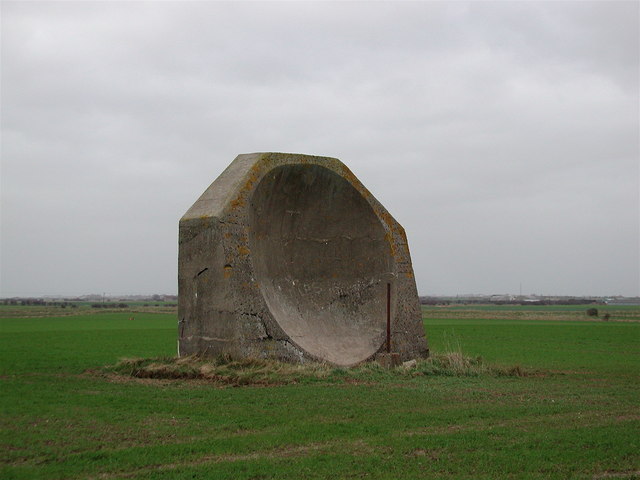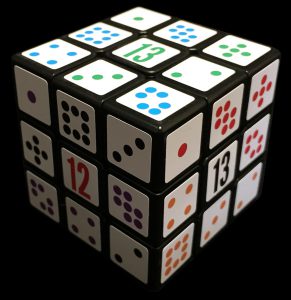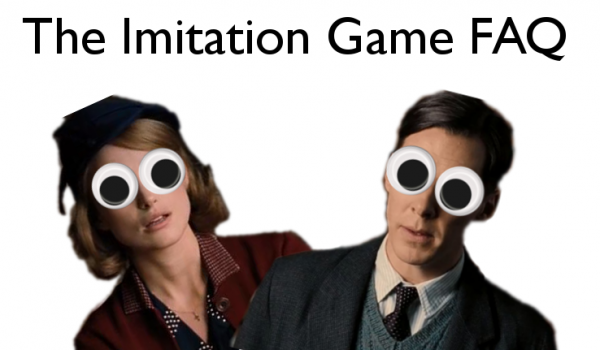
A conversation about mathematics inspired by acoustic mirrors. Presented by Katie Steckles and Peter Rowlett, with special guest James Grime.

Podcast: Play in new window | Download
Subscribe: RSS | List of episodes

A conversation about mathematics inspired by acoustic mirrors. Presented by Katie Steckles and Peter Rowlett, with special guest James Grime.

Podcast: Play in new window | Download
Subscribe: RSS | List of episodes

The UK’s nascent maths exploratorium, Maths World UK, has secured match funding for any donations made towards setting up the museum, to the tune of £125,000 – this means if they can raise that amount of money, a donor will double it. They’re now within £20,000 of the target, and need your donations to close the gap.
The project has been in development for a few years now, but until they have enough funding they won’t be able to set up a permanent centre. If a museum of mathematics in the UK is something you’d like to see, you can use the links below to donate, or find out more about the project.
Donation Page at GoldenGiving
MWUK website
YouTube video with James Grime and Maths World UK CEO Katie Chicot:
I’ve been at it again, making videos for that YouTube – this time, a collabo with James Grime. We have each posted a video on the topic of a mathematical game, as we both had things we wanted to make videos about but nobody to play with, so we met up after school and made some YouTubes.
My video features two games which *SPOILER* turn out to have maths in them. I’m also doing a bit of a giveaway on Twitter, where you can win the actual cards used in the video (I will post them out in the IRL post mail), so reply to this tweet if you want a chance to win:
Here’s my video again from the other day. If you’d like to win a set of cards, reply with your own version of ⭐& 🌍: https://t.co/rppBeftpbf
— Katie Steckles (@stecks) August 17, 2017
James has also posted his video, which is about a different game:
 Not content with already having five cubes named after him, internet maths phenomenon James Grime has now developed a new Rubik’s cube-style puzzle for internet maths joy merchants Maths Gear. I’ve been slightly involved in the development process, so I thought I’d share some of the interesting maths behind it.
Not content with already having five cubes named after him, internet maths phenomenon James Grime has now developed a new Rubik’s cube-style puzzle for internet maths joy merchants Maths Gear. I’ve been slightly involved in the development process, so I thought I’d share some of the interesting maths behind it.
Another name for a Rubik’s cube is ‘the Magic Cube’ – and Dr James Grime wondered if you could make a Magic Cube which incorporates its 2D friend, the Magic Square.
Every time I use the jealous husbands river crossing problem, I prefix it with a waffly apology about its formulation. You’ll see what I mean; here’s a standard statement of the puzzle:
Three married couples want to cross a river in a boat that is capable of holding only two people at a time, with the constraint that no woman can be in the presence of another man unless her (jealous) husband is also present. How should they cross the river with the least amount of rowing?
I’m planning to use this again next week. It’s a nice puzzle, good for exercises in problem-solving, particularly for Pólya’s “introduce suitable notation”. I wondered if there could be a better way to formulate the puzzle – one that isn’t so poorly stated in terms of gender equality and sexuality.
As part of our special Apéry takeover today, I chatted to mathematicians Ben Sparks and James Grime, to find out what we know about the mathematics Apéry did – it’s an enjoyable 10-minute listen.
Podcast: Play in new window | Download
Subscribe: RSS | List of episodes

The Imitation Game is the new film starring Sherlock Holmes as Benedict Cumberbatch as Alan Turing, and Keira Knightley as Kate Winslet as Joan Clarke. Together they are two mathematicians in World War II trying to build a bombe. The film will soon be available on DVD, blu-ray, and as an animated GIF set on tumblr.
These are the Imitation Game FAQs.